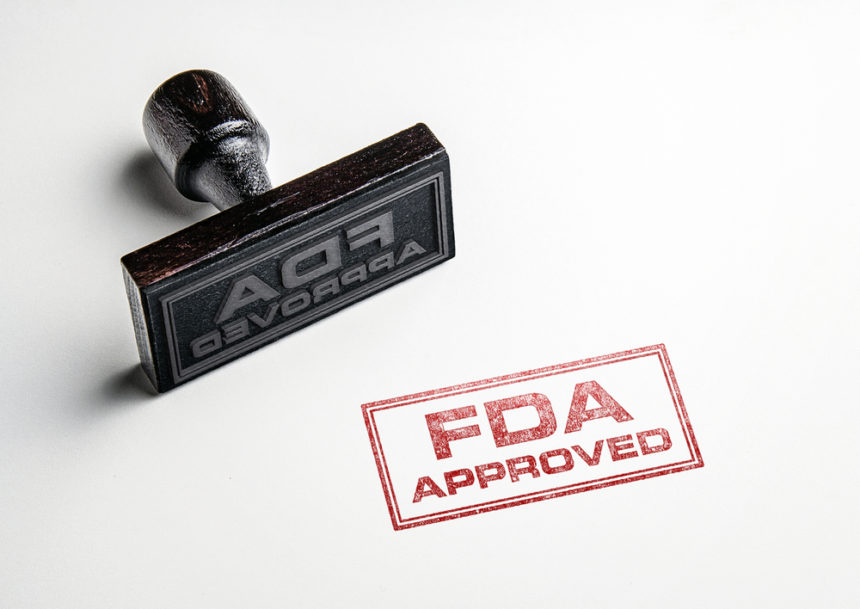This post was originally published on this site
The U.S. Food and Drug Administration (FDA) has approved a combination of Keytruda (pembrolizumab) plus Inlyta (axitinib) for the initial treatment of patients with advanced renal cell carcinoma, the most common type of kidney cancer.
The approval comes only two months after the combination received priority review from the FDA, and is based on findings from the KEYNOTE-426 Phase 3 trial (NCT02853331), in which Keytruda plus Inlyta increased responses to treatment and were significantly better than Sutent (sunitinib) at extending survival and delaying disease progression or death.
“This represents a new treatment option for patients with advanced renal cell carcinoma, who will now have access to Keytruda as part of a first-line combination regimen,” Scot Ebbinghaus, MD, vice president, clinical research, at Merck Research Laboratories, said in a press release. “Today’s approval reflects Merck’s commitment to patients with cancer and further supports the use of Keytruda to help improve survival outcomes for patients with advanced renal cell carcinoma.”
Keytruda, by Merck (known as MSD outside the U.S. and Canada), is an immune checkpoint inhibitor designed to help the immune system recognize and fight cancer. It binds to a protein called PD-1 on immune T-cells, preventing interaction with its ligand, PD-L1, produced by cancer cells to avoid immune surveillance.
Inlyta, approved for renal cell carcinoma patients who failed one prior treatment, is an inhibitor developed by Pfizer that mainly prevents new blood vessels from forming in growing tumors. It reduces the oxygen and nutrient supply reaching tumors, halting their proliferation.
KEYNOTE-426 included 861 people with metastatic renal cell carcinoma who had not received prior treatment for their advanced condition. They were randomly assigned a combination of Keytruda (given as an infusion every three weeks) plus Inlyta (given orally twice a day), or oral Sutent once a day.
Treatment was continued until patients experienced disease progression, showed signs of unacceptable toxicity, or dropped out of the study.
While more than half of the patients in each group were alive at the time of the analysis, researchers estimated that the one-year overall survival rates were 90% for the combination and 78% for Sutent.
Individuals on the combination lived a median of 15.1 months without their disease worsening, which was significantly longer than the 11.1 months for Sutent-treated patients. This meant that the combination cut the risk of death by 47%, and the risk of disease worsening by 31% compared with Sutent.
The findings also revealed that more patients responded to the combination (59%) than to Sutent (36%), with longer responses for the Keytruda-Inlyta arm.
The proportion of patients experiencing severe adverse events was similar in both groups — 62.9% for the combination vs. 58.1% for Sutent. However, more patients on Sutent discontinued treatment due to severe adverse events — 6.3% vs. 10.1%.
“Given the aggressive nature of the disease, many patients with advanced renal cell carcinoma need additional treatment options that can help improve survival outcomes,” said Brian Rini, medical oncologist at Cleveland Clinic Cancer Center, and professor of medicine at the Cleveland Clinic Lerner College of Medicine of Case Western Reserve University.
“Pembrolizumab in combination with axitinib offers an important new therapeutic option for physicians to consider when approaching initial treatment for patients newly diagnosed with advanced renal cell carcinoma,” he added.
The post Keytruda-Inlyta Combo Approved by FDA for Untreated Advanced Kidney Cancer appeared first on Immuno-Oncology News.
The post Keytruda-Inlyta Combo Approved by FDA for Untreated Advanced Kidney Cancer appeared first on BioNewsFeeds.


